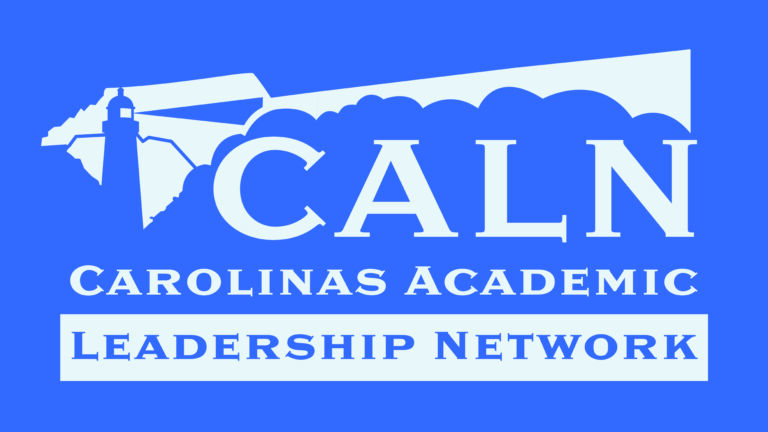TO: The South Carolina State Department of Education
FROM: Palmetto Policy Forum & Palmetto Family CouncilThank you for the invitation to submit feedback on South Carolina’s proposed Mathematics and English Language Arts (ELA) standards. Our goal in submitting this review is to contribute a thoughtful perspective to a constructive dialogue that results in rigorous, state‐controlled standards that will create an environment of excellence for our students and clear guidance and support for our teachers.
1. Are the standards clear, rigorous and able to be implemented without delay or significant additional professional development? Are the Standards college and career/workforce ready?
The Standards appear to be technically college and career/workforce ready. However, they are not rigorous enough to compel an advancement in the outcomes of the highest performing students. They represent a marginal improvement over the status quo in moving away from Common Core, but will put the state in the position of needing to raise the standards again soon if we are serious about quality and rigor.
However, a possible advantage of a stepwise path to rigor is that given the short timeline with which South Carolina is working, the implementation of the standards will not be further delayed by intensive new content mastery for many South Carolina teachers. Some standards are so rigorous as to be beyond the current reach of the typical teacher, which is fine if the implementation planning incorporates adequate time for teachers to re‐tool. But often – as in this case – the transition timelines are so fast that they adversely affect teachers with weaker content mastery and those for whom new content appears (as content shifts from one grade to another) and therefore does nothing to serve the students who the standards ultimately aim to serve.
We find the format of the proposed English standards is not user‐friendly from the teacher perspective. It is likely that the South Carolina Department of Education (SCDE) will need to compensate for this through supporting documents and professional development. The standards document needs to better explain the structure of the standard. Teachers will have to spend too much energy figuring out how the standards work.
2. Do the Standards avoid the problems of Common Core State Standards (CCSS) while retaining its positive aspects?
The 2015 Standards rewriting process was created to eliminate CCSS‐related problems and advance the will of the Legislature in other areas. How did it fare?
Math: On the former, it is not clear whether the new standards are charting a clear path away from the concepts of “Everyday Math” rightly or wrongly associated with CCSS that have been so universally panned by parents, teachers and students alike. Several CCSS‐like references to “Mathematical Process Standards” leave this in doubt. It is also unclear whether the new Standards reflect the desire of the General Assembly, as reflected in Act 275 (2014), the “Back to Basics in Education Act,” which requires “students to memorize multiplication tables to ensure that students can effectively multiply numbers by the end of fifth grade.” We recommend that the Committee closely review California’s former Math standards as a model of rigor and best practice.
ELA: The Common Core State Standards provided exemplars. We see none here, but that is advisable as this leaves these choices up to individual school districts. A positive aspect of CCSS was its commitment to what scholars have called a “coherent, sequential knowledge” in building literacy. These draft ELA Standards do not appear to provide that level of coherence and guidance.
We recommend that Committee closely review Massachusetts’ ELA standards as a model of rigor and best practice.
Conclusions: This effort to craft our own South Carolina state standards in such a tight time frame was a monumental task. We trust that our suggestions for improvement are useful to the writing teams. But as important as South Carolina developed Standards are, the lessons of this process are far broader than Standards. We suggest four important takeaways:
1) Federal involvement in education, especially when tied to federal funding is ill advised, and even dangerous;
2) Education governance in this state is perilously diffuse and unaccountable to the will of the parents, as this entire CCSS issue has demonstrated;
3) Parental involvement is more important than Standards or any other factor, and for parents to be involved they must have greater access to high‐quality public and private education; and
4) There is no more crucial force in the education of a child, outside of parents, than a well trained, effective teacher.
Respectfully submitted,
Ellen E. Weaver
President & CEO
Palmetto Policy ForumOran P. Smith, PhD
President & CEO
Palmetto Family Council







